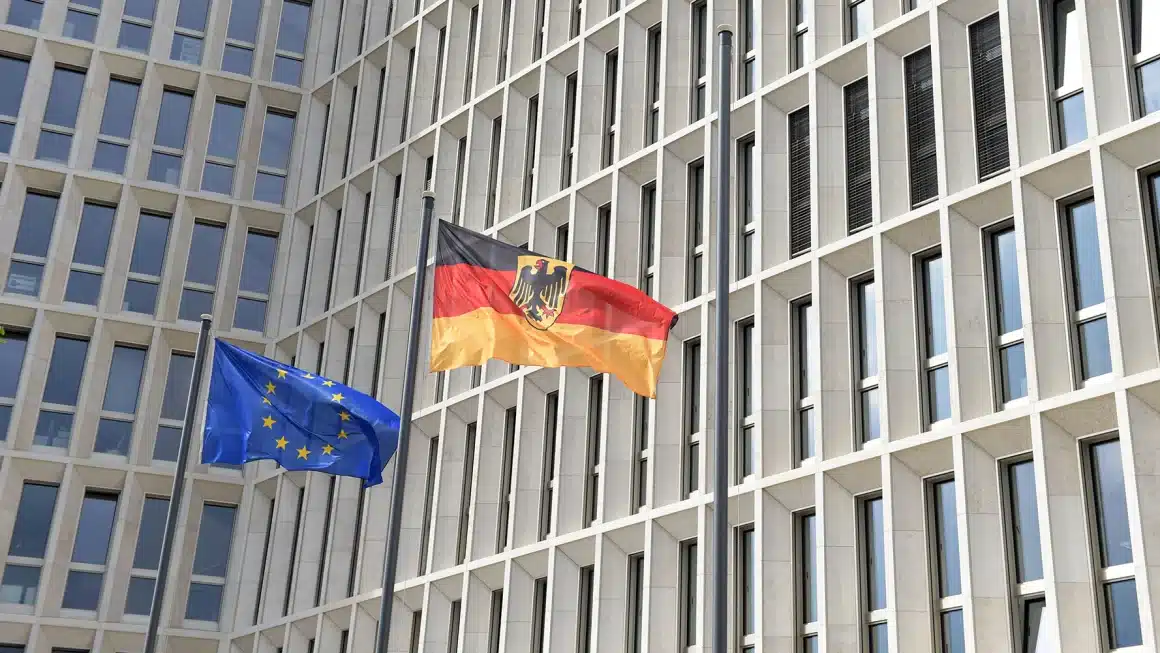Germany’s new citizenship law, effective in 2024, requires applicants to acknowledge Israel’s right to exist. This change is part of a broader effort to streamline the naturalization process while reinforcing German values. The government under Chancellor Olaf Scholz promised dual nationality and re

Germany has introduced a new citizenship law, which came into effect in 2024 that requires applicants to acknowledge Israel’s right to exist. This is done as a part of a broader set of changes aimed at streamlining the naturalization process while reinforcing a commitment to German values.
The socially liberal government under Chancellor Olaf Scholz made dual nationality a key promise in their 2021 election campaign, aiming to reduce the waiting period for obtaining a German passport to five years. Previously, Germany did not permit dual citizenship for first-generation immigrants.
However, increasing antisemitism, heated debates over Israel’s conflict with Hamas, and a rise in far-right, anti-immigrant politics have led Berlin to frame its citizenship reform as a stricter test of loyalty to German values.
Interior Minister Nancy Faeser said, “Anyone who shares our values and makes an effort can now get a German passport more quickly and no longer has to give up part of their identity by giving up their old nationality,”. She added “But we have also made it just as clear: anyone who does not share our values cannot get a German passport. We have drawn a crystal-clear red line here and made the law much stricter than before. Anti-Semitism, racism and other forms of contempt for humanity rule out naturalization. There is no tolerance for that.”
Germany’s citizenship exam now includes new questions, as announced by the interior ministry. “In response to rising antisemitism in Germany, the naturalization test has been updated with questions on antisemitism, Israel’s right to exist, and Jewish life in Germany,” stated the ministry.
The new test will also require applicants to declare their commitment to gender equality, democracy, and Germany’s historical responsibility towards Judaism due to the crimes of National Socialism.
These reforms came after the annual report, by Felix Klein, Germany’s commissioner for combating antisemitism, reported a “catastrophic” increase in hate crimes against Jewish people. His office recorded 4,782 antisemitic incidents in 2023, an 83% increase from the previous year.
The ongoing conflict in Gaza and Germany’s support for Israel has sparked significant debate. Following the October 7 attacks, German leaders, including Chancellor Olaf Scholz, reaffirmed that Israel’s security is a national priority.





